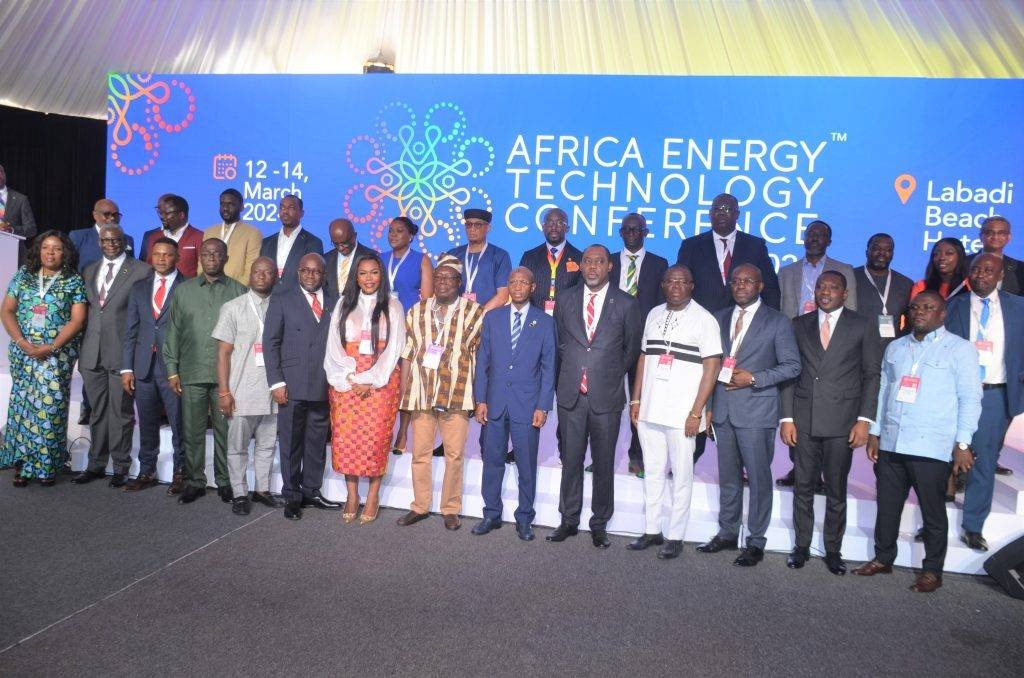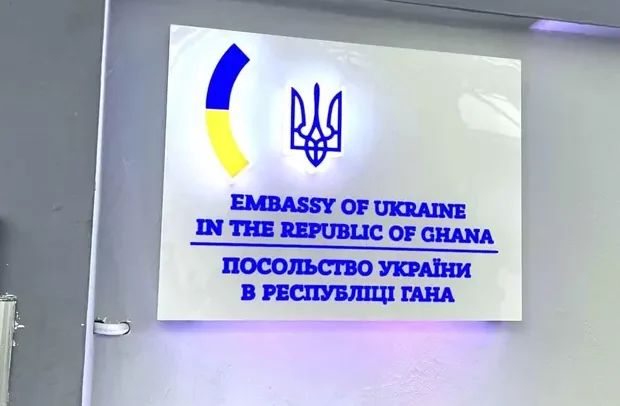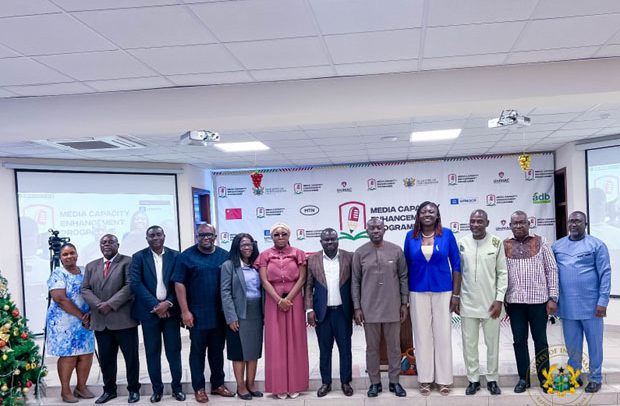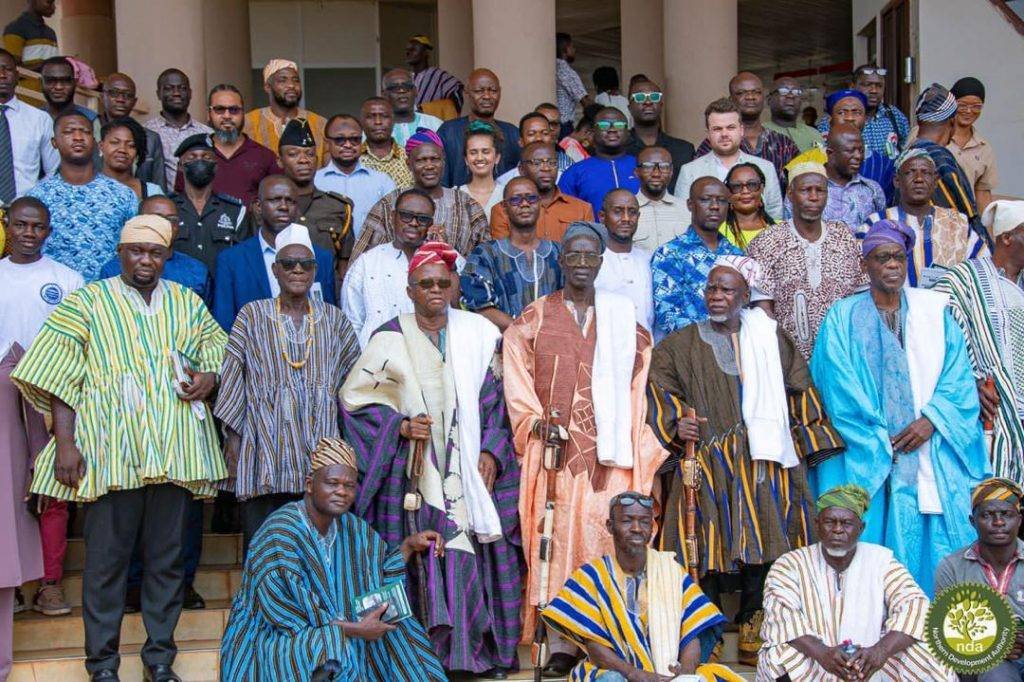
The second Africa Summit on Women and Girls in Technology which seeks to bridge the digital gender gap was launched in Accra on Monday.
The three-day programme is a collaboration between the Ministry of Communications, World Wide Web Foundation, Alliance for Affordable Internet, African Development Bank, Open Society Initiative for West Africa, Internet Society, Facebook, Germany's Federal Ministry of Economic Cooperation and Development, Google, Swedish International Development Agency and UN Women.
On the theme "Unlocking Africa's digital future, tt is being attended by 250 women from across the continent's technology industries to determine the policy steps needed to close Africa's growing digital gender gap, which according to the organisers is the largest in the world.
The Deputy Minister of Communications, Vincent Sowah Odotei, who launched the programme lauded the organisers of the summit adding that the programme was in line with measures being taken by the government to improve women's and girls' access to digital services.
The Deputy Minister said government had begun a programme to build the digital skills of 1000 women annually, stressing that already 3000 women have been engaged under the programme.
Mr Odotei said his outfit this month had interacted with 600 girls in the Ahanti Region as part of the Girls in ICT programme and 62 were being trained at the Accra Digital Centre.
In addition, he said 200 villages had been connected to cellular services and about 1500 people in those villages now had access to mobile services.
Touching on the summit, he said ten girls would be supported to attend this year's Africa Summit on Women and Girls in Technology.
He said the programme would seek innovative ideas to enhance Women and Girls access to digital services and cost of internet.
The Executive Director for Alliance for Affordable Internet, Sonia N. Jorge, said there was the need to bridge the digital gender gap.
According to her women in some communities were up to 50 per cent less likely than men to be online.
"In Africa, where nearly 75 per cent of the population remains offline, this problem is particularly acute," she said.
Ms Jorge attributed the low women and girls access to poverty and lack of access to education.
The Senior Policy Manager for the Web Foundation, Nanjiri Sambuli, said the programme would bring policymakers from the sub-region to roll out policies which had been crafted to adress the digital gender gap.
She said the summit would discuss topics such as access to affordable broadband, women's right online, digital education and skills, and digital entrepreneurship.
Read Full Story




















Facebook
Twitter
Pinterest
Instagram
Google+
YouTube
LinkedIn
RSS